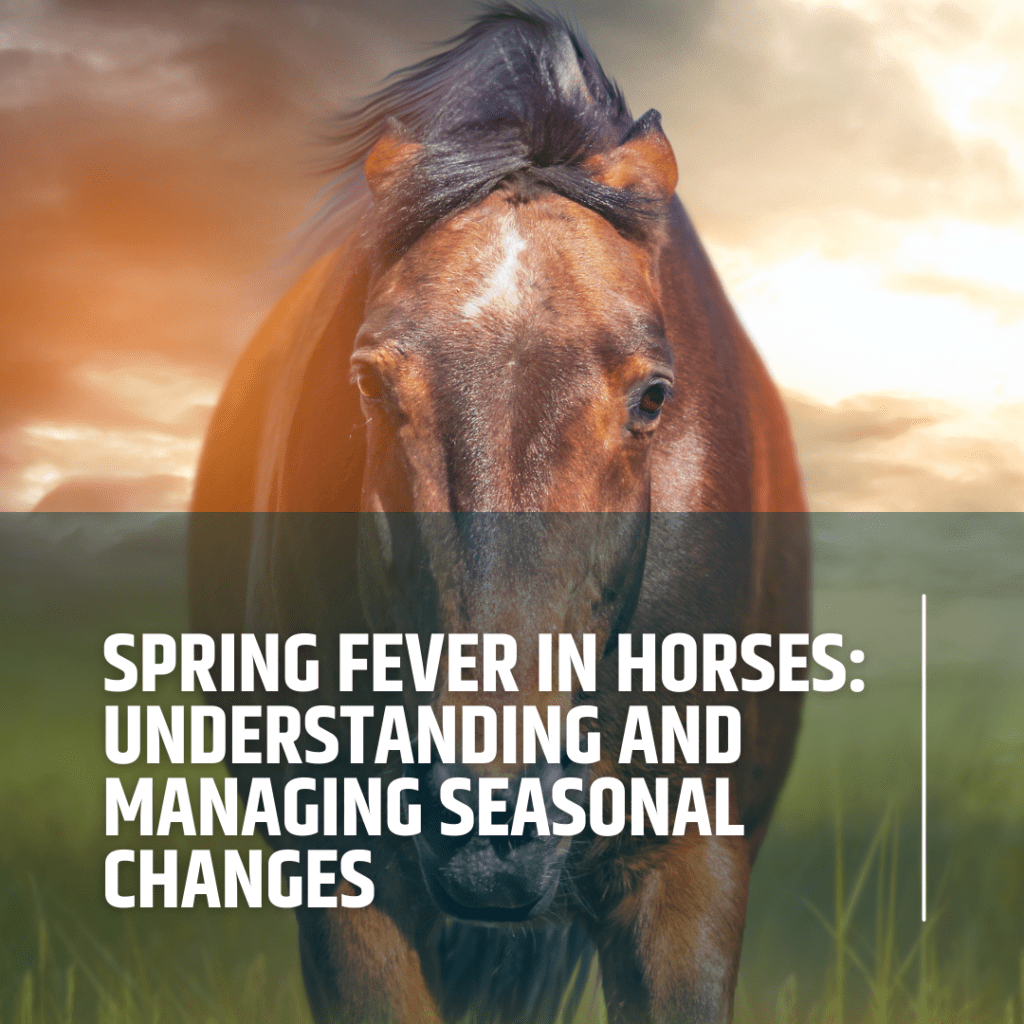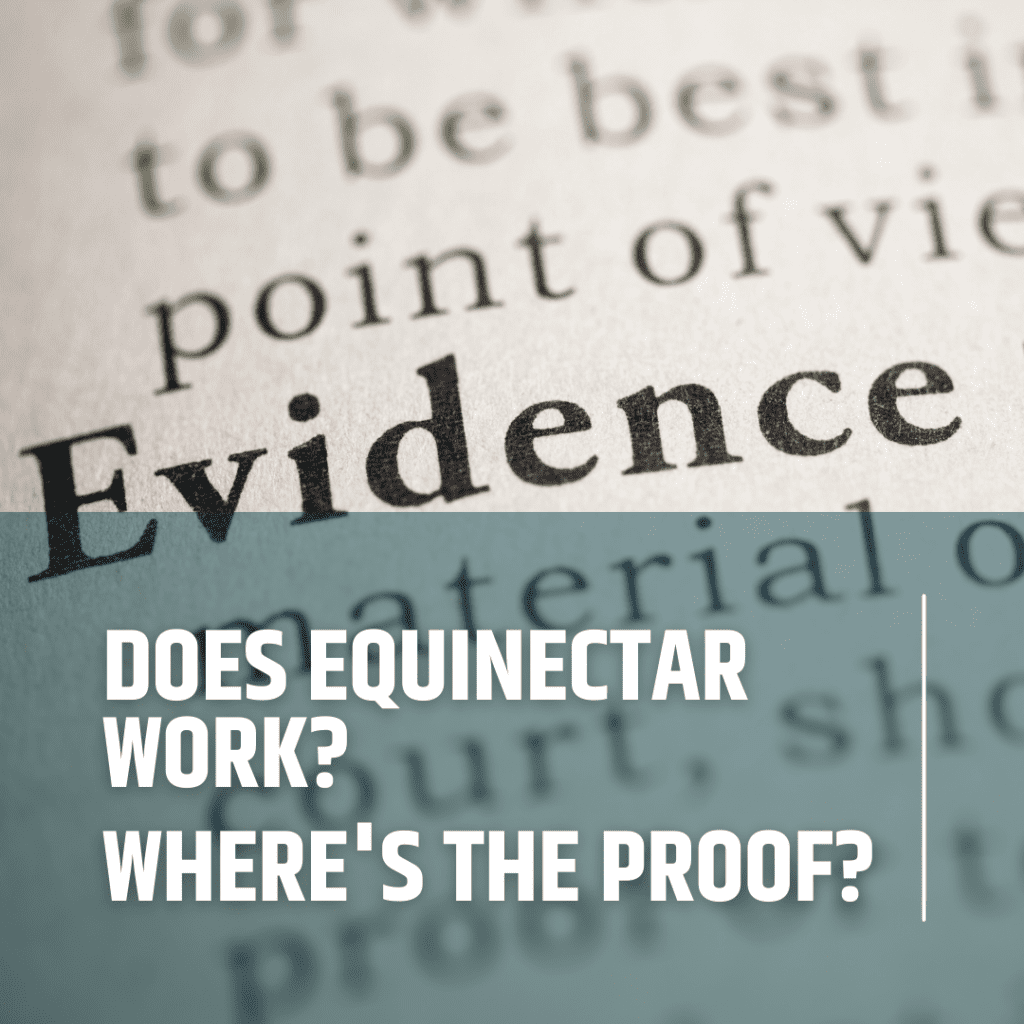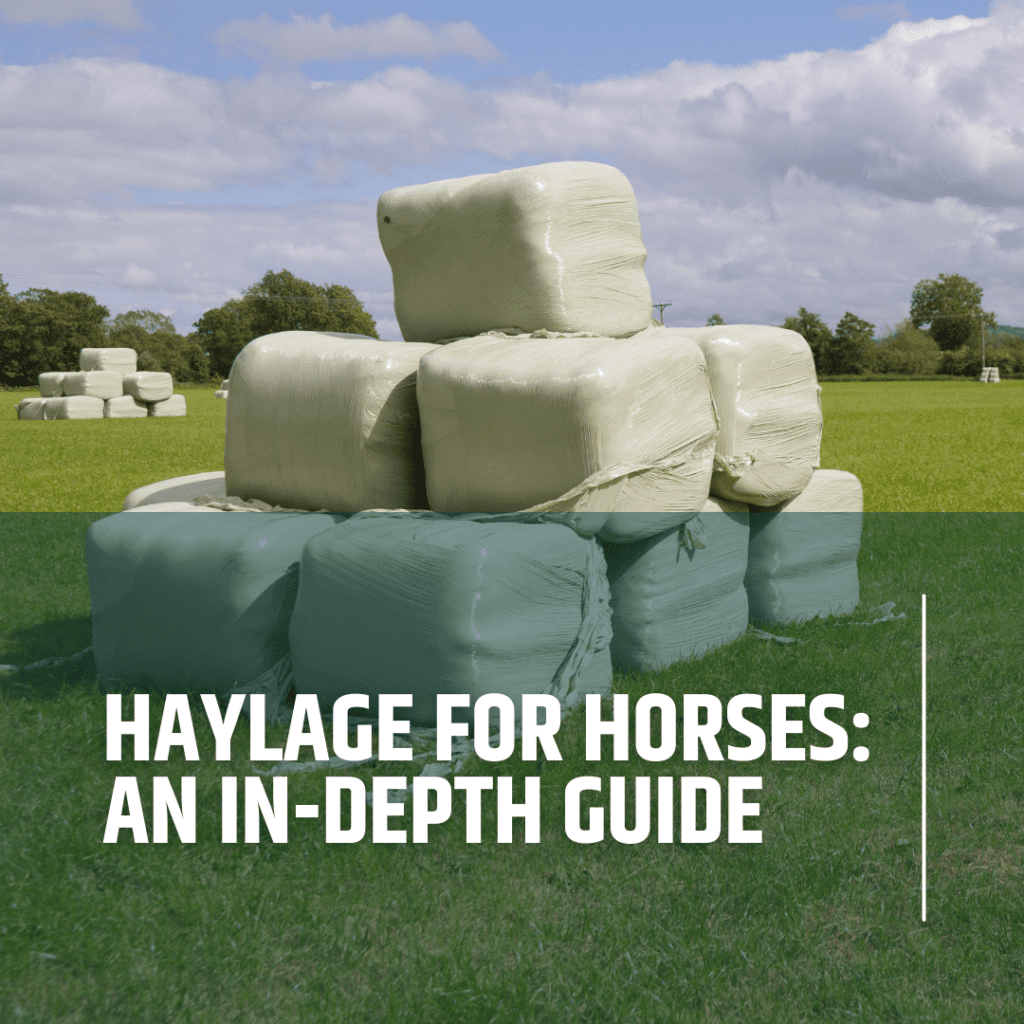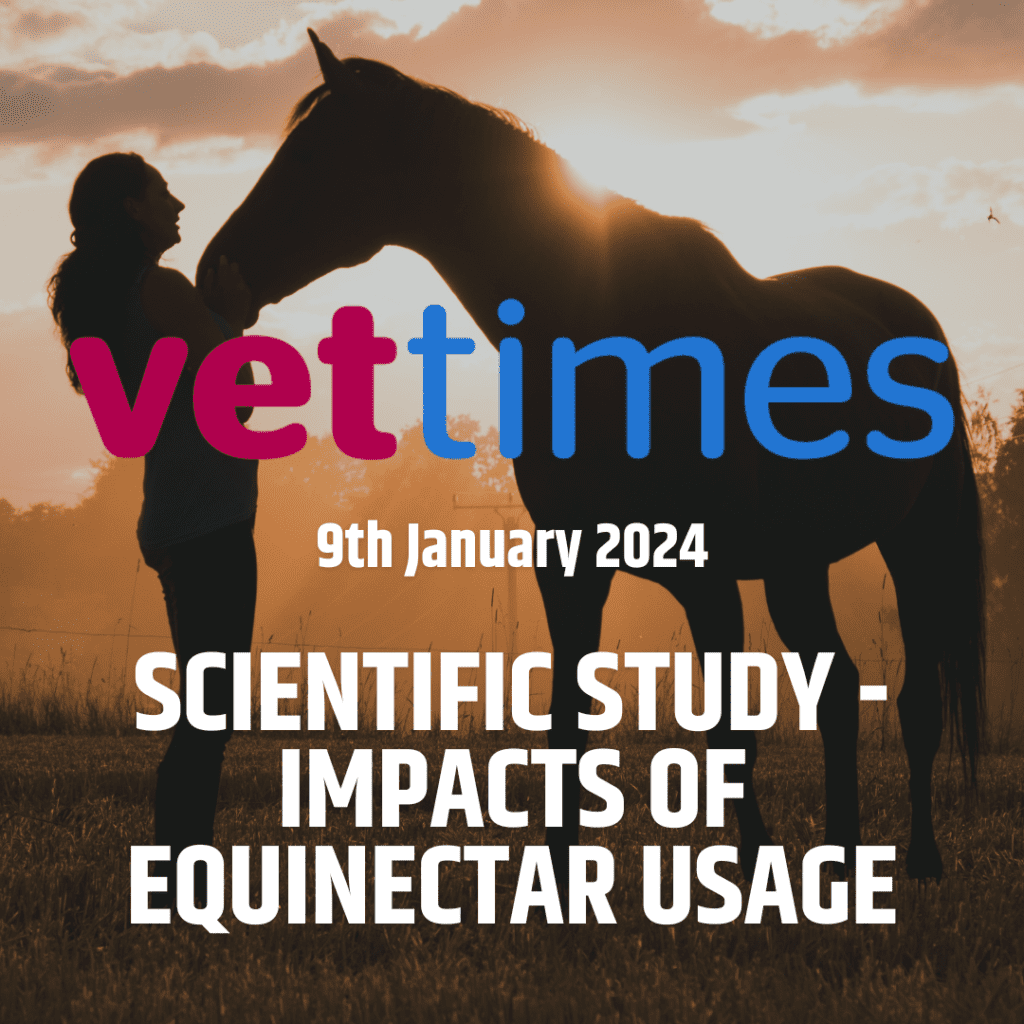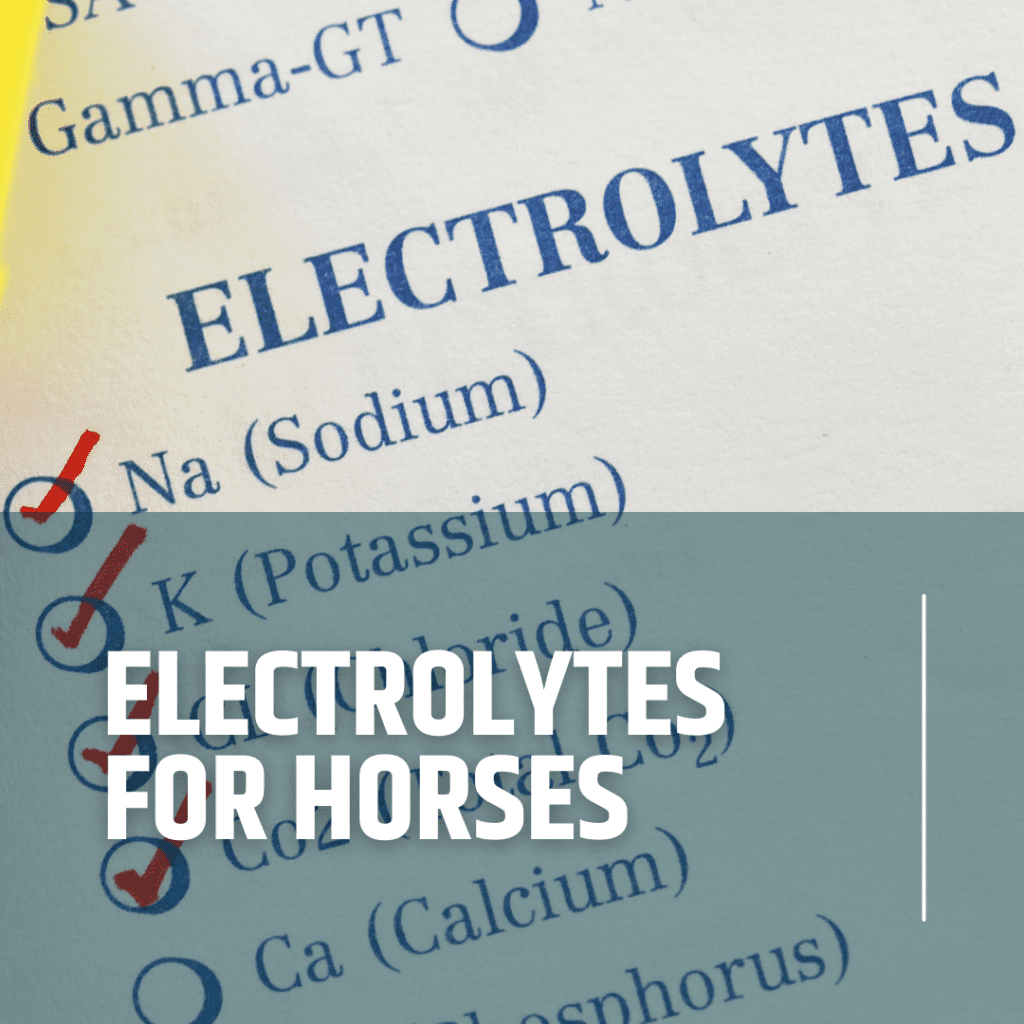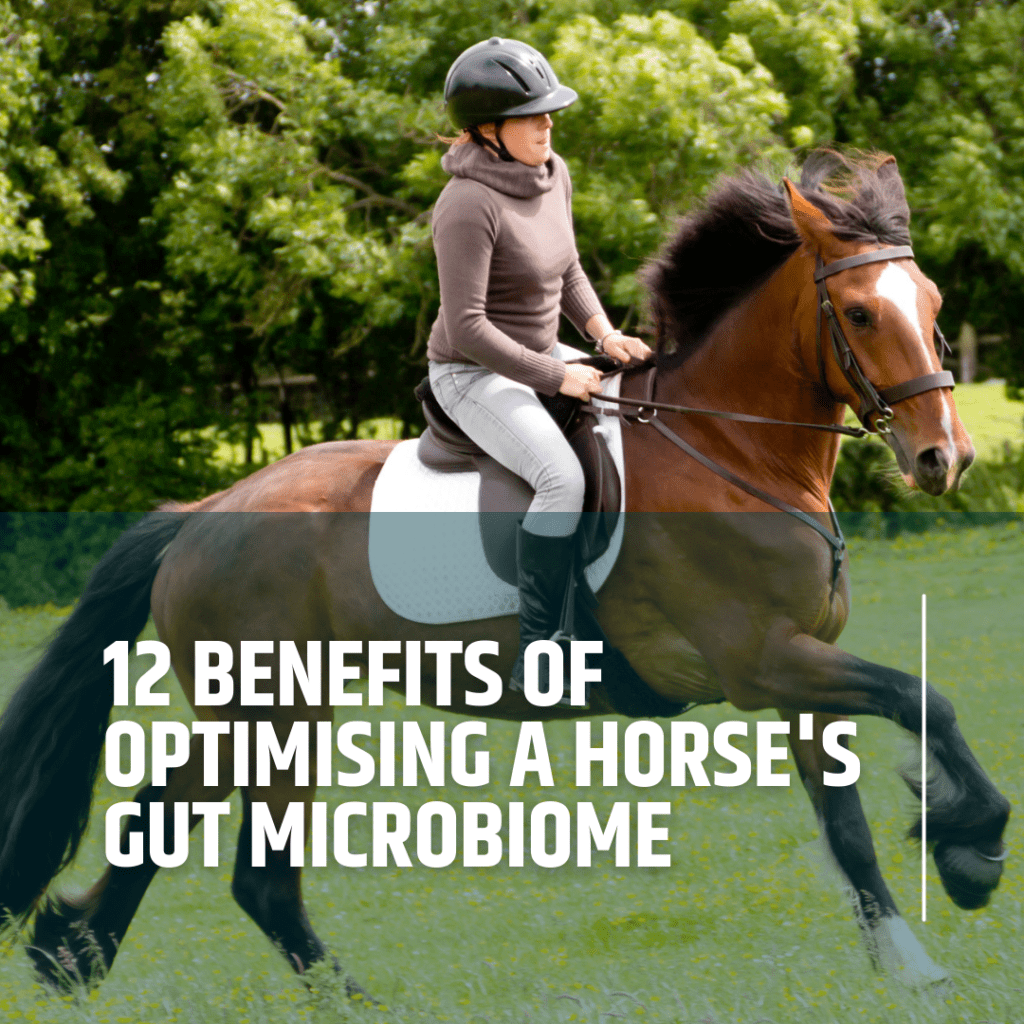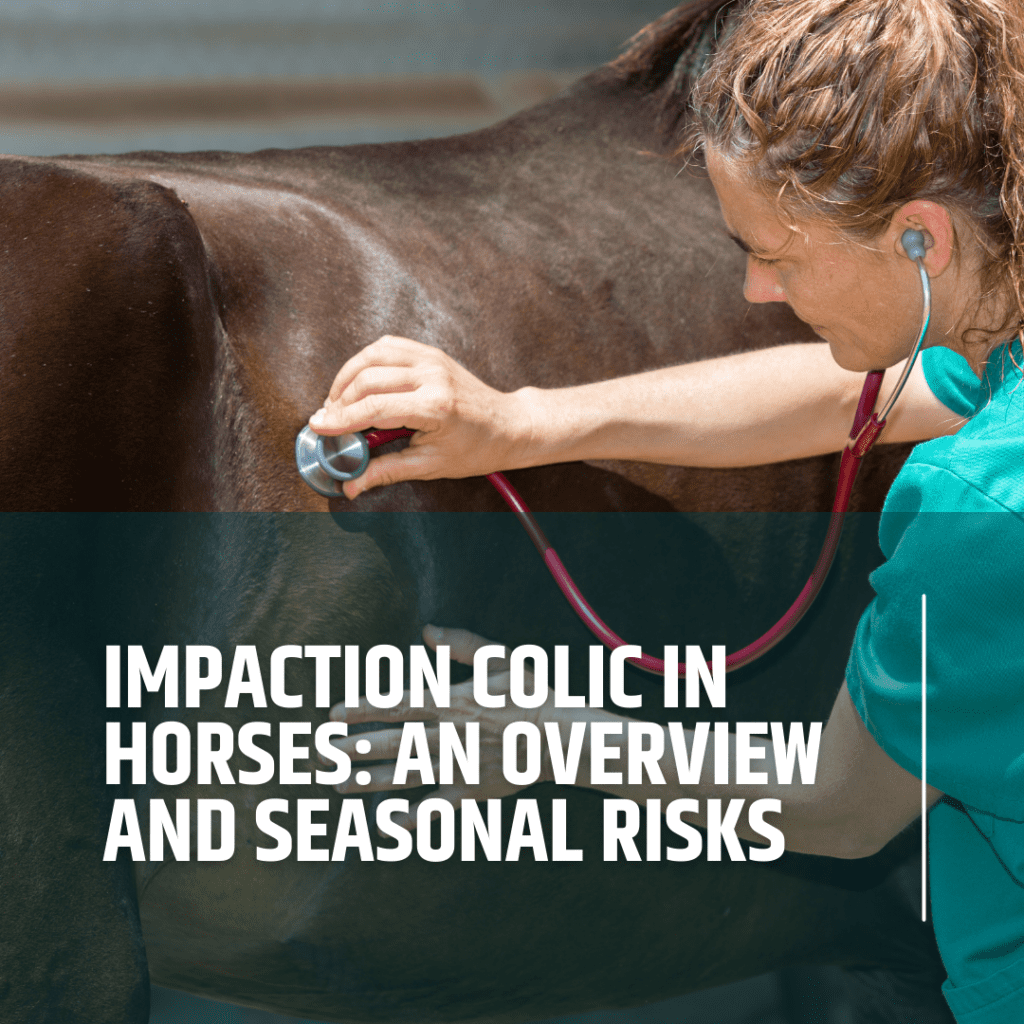Spring Fever in Horses: Understanding and Managing Seasonal Changes
Spring brings a mix of warm and cold days, often sprinkled with rain, lengthening the days and allowing more time for equestrian activities. However, this season can also introduce certain challenges, notably the phenomenon known as ‘spring fever’ in horses. Characterised by increased sprightliness, reactive, and anxious behaviours, this condition can make riding and handling horses more difficult, potentially affecting the confidence of horse owners and riders. This blog explores the underlying causes of spring fever in horses and offers strategies to manage these seasonal changes effectively.
Spring Fever in Horses: Understanding and Managing Seasonal Changes Read More »

